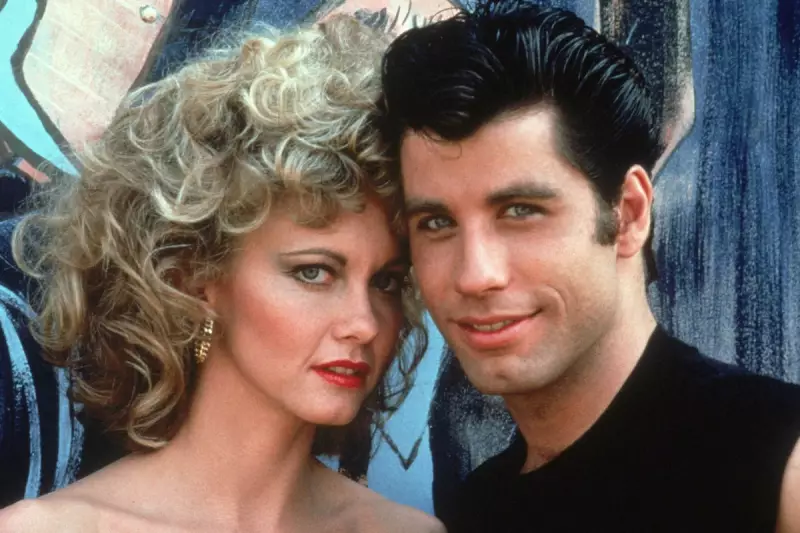
From grand gestures that border on harassment to relationships built on manipulation, romantic films have long been criticised for glamorising toxic behaviour under the guise of passion. While audiences swoon over dramatic declarations of love, experts warn these narratives can distort real-world expectations of healthy partnerships.
The Problematic Tropes That Won’t Die
Cinematic romance frequently relies on outdated – and often harmful – storytelling devices:
- The Persistent Pursuer: Films often frame relentless pursuit as romantic, ignoring boundaries.
- Love Cures All: Troubled characters magically transform through love alone.
- Possessive Passion: Jealousy and control are portrayed as signs of deep devotion.
Why These Narratives Persist
Industry insiders suggest several reasons toxic tropes remain prevalent:
- Drama sells – conflict creates more compelling stories than healthy communication
- Many classic romances were written in eras with different social norms
- Filmmakers often prioritise aesthetic over emotional authenticity
Spotting Healthier Alternatives
Modern filmmakers are increasingly challenging these norms. Look for stories featuring:
- Mutual respect and consent
- Characters with lives outside the relationship
- Healthy conflict resolution
While the occasional problematic romance film can be enjoyed as fantasy, experts recommend balancing these with stories that model healthier relationship dynamics.





